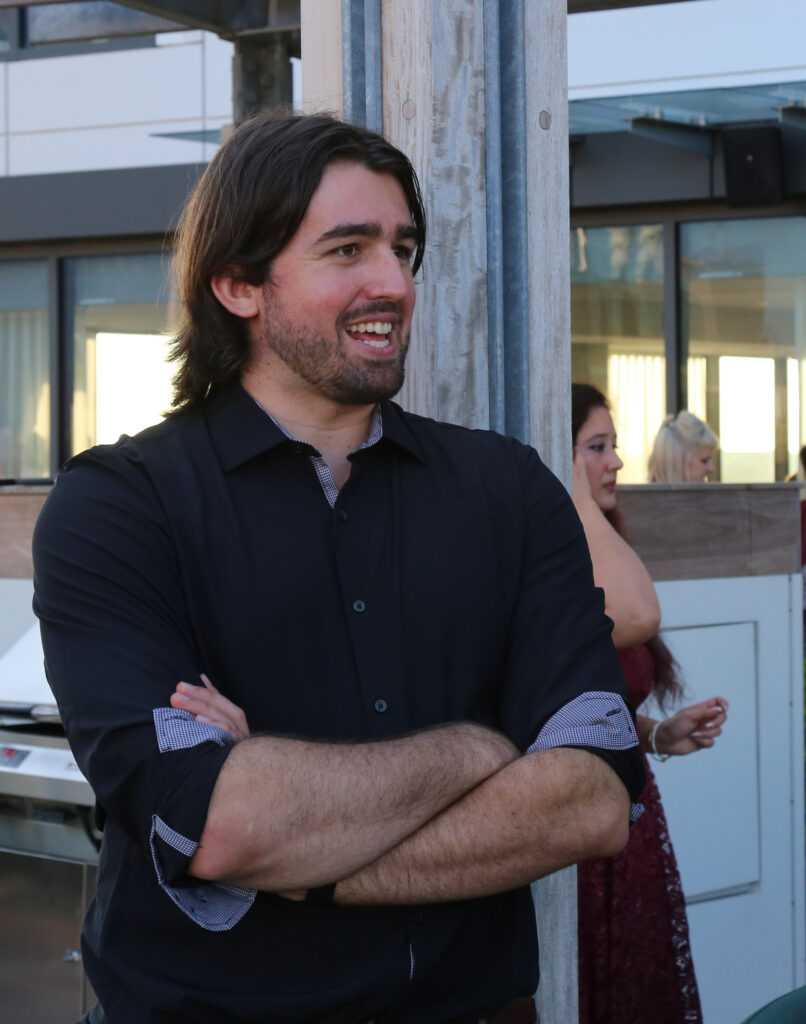
Dr. Collin Edwards is an ecologist, data scientist, and software developer who uses quantitative tools to answer urgent ecological questions, leveraging citizen science and government monitoring data. As the John Wesley Powell Center for Analysis and Synthesis Postdoctoral Research Fellow, he led a study integrating millions of citizen science butterfly monitoring records to assess the status and trends of more than 300 species across the United States. This work was just published in Science and can be downloaded for free here; it has been covered by more than 100 news outlets including the New York Times, The Washington Post, NPR, the BBC, National Geographic, and The Guardian. Collin’s other academic accomplishments include award-winning talks and more than a dozen peer-reviewed publications ranging from Caribbean bird migration to the microbiomes of fermented foods. Collin received his Bachelor of Science in Evolution, Ecology, and Biodiversity from the University of California, Davis, and his PhD in Ecology and Evolutionary Biology from Cornell University. Today, Collin is a modeler and software developer for the Washington Department of Fish and Wildlife, where he helps shape domestic and international salmon fishing practices.
As a software developer and data scientist, Collin has developed and published statistical methods for working with sparse data and complex biological interactions. Collin has programmed in C, C++, Python, and a range of scripting languages; today he primarily works in R, SQL, and Visual Basic. Collin has developed or contributed to nine software packages for the programming language R, and is one of the developers for the Fishery Regulation Assessment Model. Collin is dedicated to skill sharing and has taught programming and data science at the undergraduate and graduate level, as well as in countless workshops for academics and professionals.
In his free time, Collin is an avid maker and martial artist.
